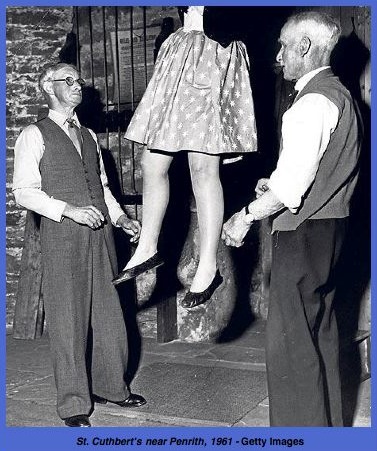Thu 2 Jun 2011
Character speak
Posted by PJ under characters, language, writing
No Comments
Generally when I write a character, even in third person because I’m usually writing in a tight third person perspective, I like to use language that is appropriate to that person’s worldview and experience. My voice shifts slightly depending on who I am following. A thug will not describe the dewy light of dawn, and a lady of refinement will not curse like a sailor—unless the thug is not a typical thug but one who likes purple prose, and the lady once made her living swabbing decks. I’m not always sure all readers notice these things, but it’s important to me that I get that sort of thing right.
Time appropriate language is important, too. Revising a novel set in 1938 has reminded me how hard I worked to get the period language right. In some cases, this made the prose rather stiff in places, jarring to an early 21st century ear. In this final language polish, I’m trying to walk the line between authenticity and flow. “Twaddle” and “claptrap” may be perfectly acceptable 1930s period substitutes for “nonsense,” for instance—but they make me want to giggle. If the scene is not one in which I wish to evoke giggles, then I have to come up with a compromise that suits the scene, suits the period, and suits a more contemporary audience. In this case, I used “baloney,” which can be somewhat humorous, but isn’t quite as silly. It fits the context of the scene better, anyway, and that’s the important thing.
Then there comes the question of other types of verisimilitude which are not so easy to reconcile. I would have a great deal of trouble using racial epithets in my fiction. And yet in earlier periods of U.S. history those words were used regularly and casually. It was almost de rigueur in certain circles. Can I accurately portray those segments of society without using that offensive language? The words are so hurtful—but they were the way people spoke. I didn’t support removing “offensive” language from Huckleberry Finn, but can I justify using it in a contemporary work, even if it is set in an historical period?
I don’t have an answer, and fortunately in the case of my current novel, it didn’t come up. I know I’m not the only writer struggling with this, and I don’t think there are facile answers to the question. Character speak is always a balancing act between the way things are/were and the effectiveness of the prose in trying to tell a story. I suspect this is one of those cases where everyone has to decide for themselves what’s appropriate.


